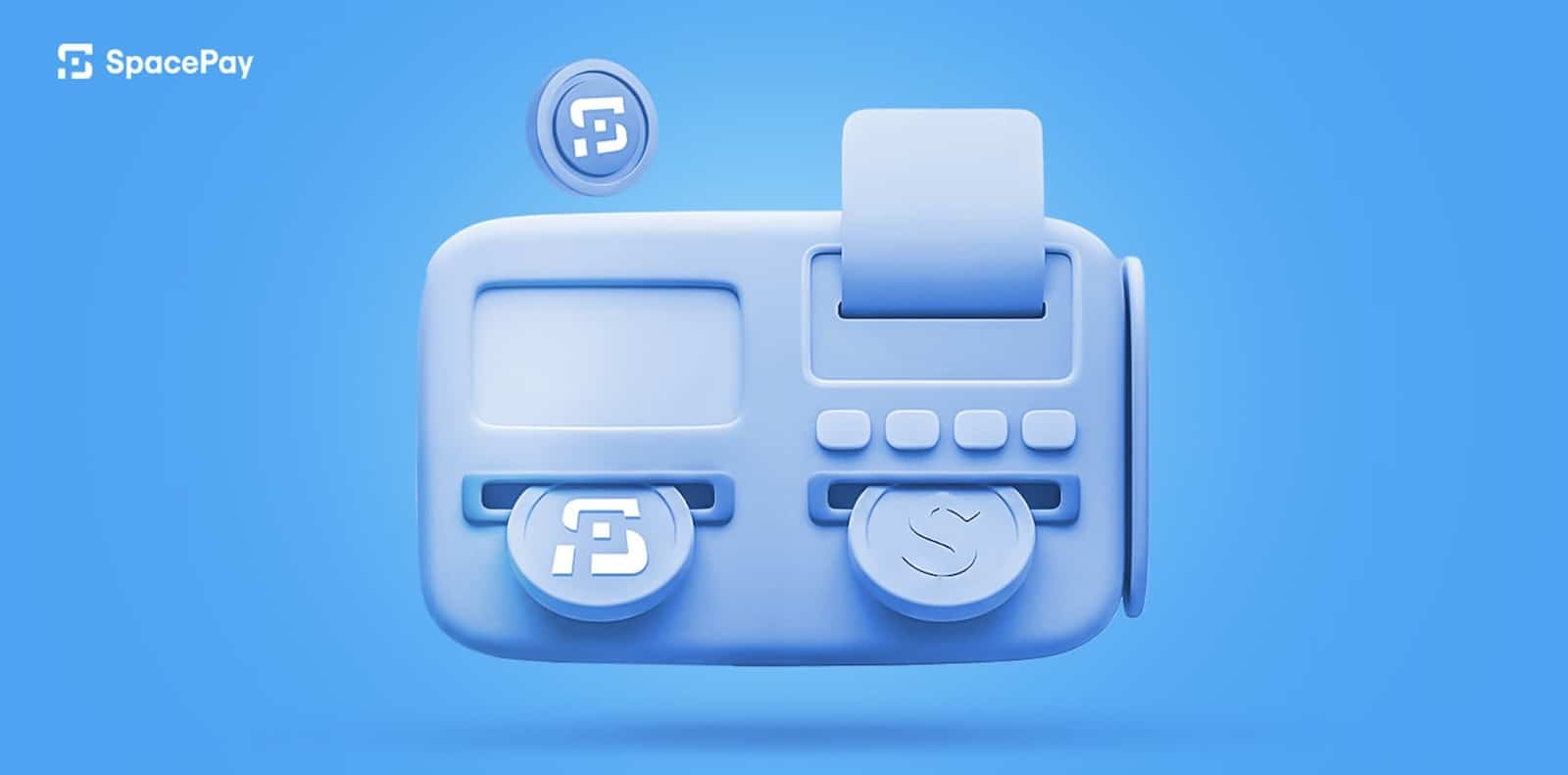SpacePay vs Traditional POS Systems: Why the Presale Token Could Disrupt the $100B Retail Market
Many retail stores today mostly rely on traditional POS systems, which are now worth more than $100 billion. These are the machines you swipe or tap your card on when you make a payment. They’ve been around for years, and most people are used to them. They are largely simple to use, widely accepted, and trusted.
But they also have some limitations. Their fees can sometimes be high, and they can be susceptible to network glitches, which could delay payment settlements. Additionally, they don’t support crypto at all.
With SpacePay, all these issues might be about to improve. It provides a new crypto payment system that works with the machines stores already have. Right now, its SPY token is in presale, giving people a chance to get in early.
Let’s take a closer look at how SpacePay compares to the old systems and why its token is gaining attention.
What Traditional POS Systems Offer
Traditional POS systems are familiar. They’ve helped stores accept payments for decades, but they’re also expensive and limited. Businesses often have to pay to install them and continue to incur charges every time a customer makes a purchase.
Some of the traditional payment models charge up to 2% to 3% per transaction. This means that if a customer makes a $100 transfer, the merchant might receive around $97 to $98. This might seem small on the surface, but it starts to add up.
Also, these systems are not built for crypto. If a customer wants to pay with Bitcoin or USDT, the store usually can’t accept it unless it uses extra tools. This makes it hard for businesses to keep up with today’s technology and customers who prefer using crypto.
How SpacePay Outperforms at Every Step
SpacePay is designed to make payments easier for both stores and shoppers. It runs on an Android APK that works on many POS machines, including the ones stores already use. This means they don’t have to buy new hardware.
SpacePay accepts many different cryptocurrencies. Someone can walk into a store, scan a QR code, and pay with Bitcoin, Ethereum, or other popular tokens. The store receives payment in regular currency like dollars or euros, and the payment is settled right away.
One of the biggest differences is cost. SpacePay charges just 0.5% per transaction, which is lower than the 2% or 3% fees charged by traditional POS providers. This helps stores save money and increases their profit on every sale.

Transactions are also very instant, with no waiting times. This is made possible since there are no middlemen. Transactions go straight from the buyer to the seller directly.
The SpacePay system works with more than 325 crypto wallets, including both popular and less popular ones, which means that the wallet you use is probably already usable for everyday payments through SpacePay.
The system also accepts various types of cryptocurrencies, so users won’t have to always send money from one wallet to another before making a payment.
SPY Token and the Presale Advantage
The SPY token powers the entire SpacePay platform. People who hold SPY can earn rewards, vote on platform updates, and even get a share of the platform’s revenue.
As more stores and users adopt SpacePay, the demand for SPY could grow. It’s closely linked to how often the platform is used, giving the token real utility and making it more than just a presale hype coin.
The current presale is a way for early supporters to get involved before it fully launches. Over $1 million has already been raised, and the token is priced at $0.003181 for now. That price could increase as the presale progresses.
How to Buy SPY Crypto in the Ongoing Presale
If you want to buy SPY, just visit the official SpacePay website. At the top of the page, there’s a widget that lets you connect your crypto wallet. MetaMask, Trust Wallet, and many others work.
Make sure your wallet has some crypto in it. You can use ETH, BNB, MATIC, AVAX, USDT, USDC, or BASE. If you don’t have any of these, you can also use a bank card.
Once your wallet is ready, choose how much you want to swap for SPY. Confirm the transaction, and the tokens will show up in your wallet. It’s simple and only takes a few minutes.
JOIN THE SPACEPAY (SPY) PRESALE NOW
Website | (X) Twitter | Telegram
The post SpacePay vs Traditional POS Systems: Why the Presale Token Could Disrupt the $100B Retail Market appeared first on 99Bitcoins.
You May Also Like

Coinbase relaunches Stablecoin Bootstrap Fund to boost DeFi liquidity

Pantera Leads $20M Openmind Funding Round
